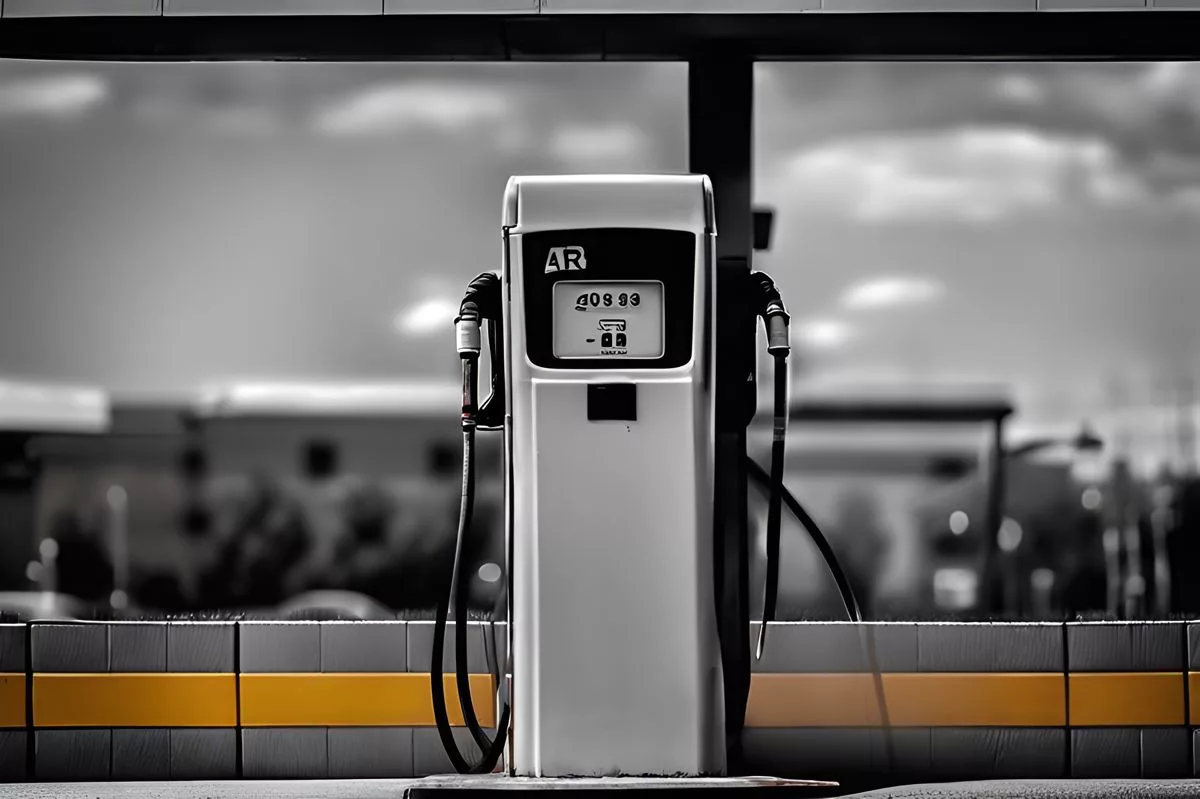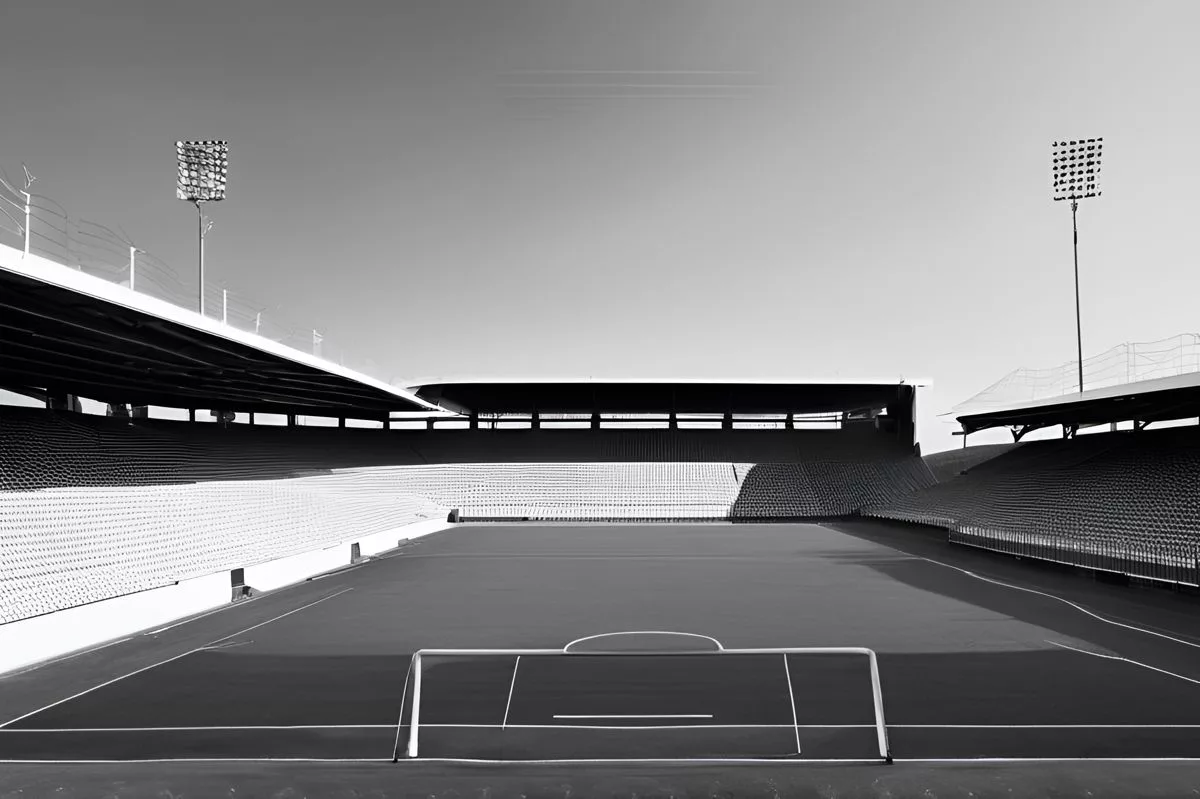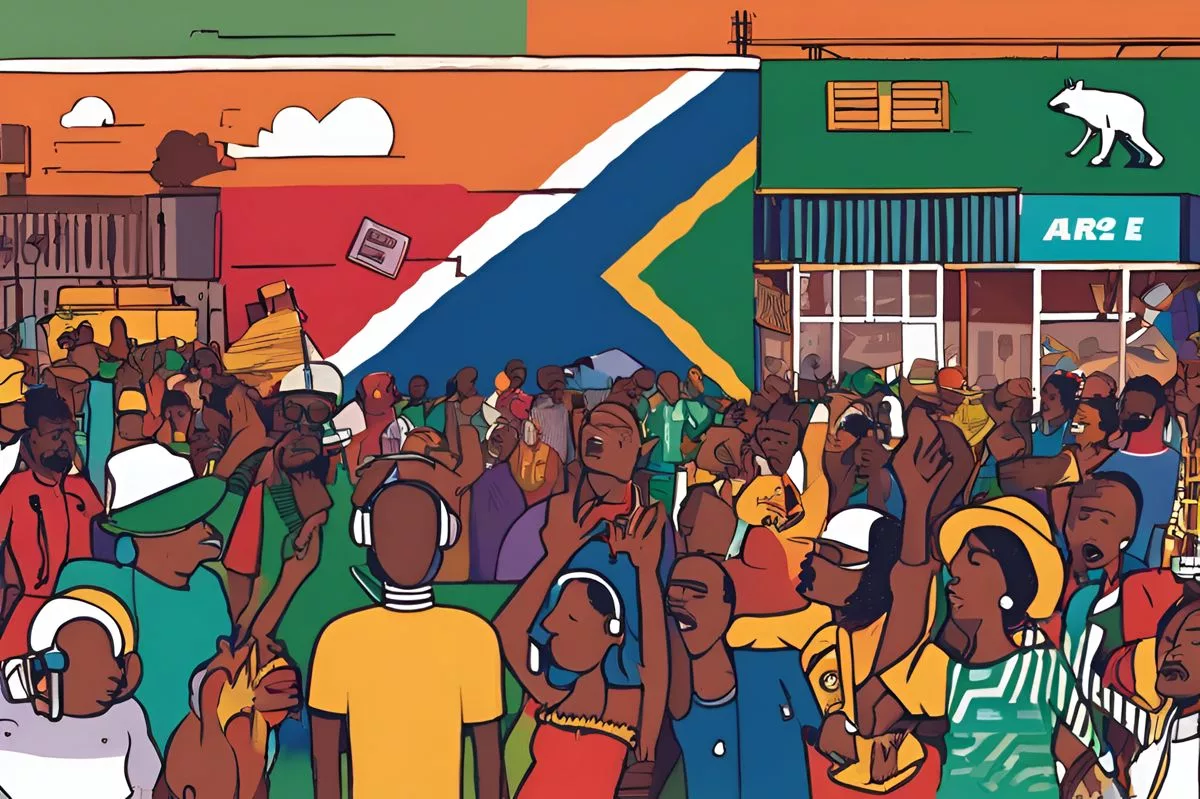South Africans are facing contrasting financial shifts this week, with the arrival of social grant payments providing some relief, but rising fuel prices presenting a new financial hurdle for motorists. The government is aiming to strengthen the Covid-19 Social Relief of Distress Grant and match social grants with inflation, but Finance Minister Enoch Godongwana acknowledges the limits of the country’s financial aid. South Africans are urged to stay informed and adapt to the economic realities, drawing on their resilience and perseverance to navigate through the changes.
Upcoming payment schedule and increase in social grants: South African citizens can expect relief as social grant payments arrive in March, with an increase to follow in April 2024. The government aims to match social grants with inflation and strengthen the Covid-19 Social Relief of Distress Grant. However, rising fuel prices present another financial hurdle for motorists.
South African citizens are preparing for a week filled with financial fluctuations, driven by the arrival of social grant payments for March from the South African Social Security Agency (SASSA), and the impending escalation in petrol and diesel prices. This mix of events illustrates the balance that state aid has to maintain, as financial relief is often offset by economic forces exerting financial pressure elsewhere.
Upcoming Payment Schedule and Increase in Social Grants
The agency responsible for managing social grants, SASSA, has disclosed the payment timeline for the month of March. Grant beneficiaries have a reason to look forward to some financial relief. As announced in a recent budget speech by Finance Minister Enoch Godongwana, the social grants administered by SASSA are due to experience a rise starting April 2024, which will carry on for the subsequent year. This decision aims to match the social grants with inflation, recognizing the toll the escalating costs of living have on nearly 19 million South Africans who rely heavily on these grants.
Godongwana expressed that the government has extended as much aid as the country’s financial limit allows. He also mentioned the ongoing endeavors to strengthen the Covid-19 Social Relief of Distress Grant by the time we reach April this year.
Insights into the Social Relief of Distress Grant
For those unfamiliar, the Social Relief of Distress (SRD) grant is a short-term assistance program designed for those experiencing severe financial hardship and unable to meet their basic needs or those of their dependents. This support is disbursed monthly for a maximum period of three months, with the possibility of an additional three-month extension under extraordinary circumstances.
However, it’s essential to note that recipients of a social grant are prohibited from receiving the grant and the social relief of distress simultaneously. Anyone found to be receiving both types of aid at the same time is required to repay the value of the social relief of distress received. This payment is generally deducted from any social grant payment, including any back payments. However, in cases where social grant recipients received social relief of distress due to a disaster, the repayment obligation is waived.
Rising Fuel Prices: Another Financial Burden
While the country anticipates these financial shifts and prepares to steer through the turbulent currents of economic change, another hurdle comes into view. As reported by The South African website, a significant increase in petrol and diesel prices is set to impact South Africa’s motorists from midnight on Tuesday, 5 March. The anticipated hikes vary between 115-120 cents per liter for petrol and between 108 and 121 cents per liter for diesel.
In the midst of these changes, it’s crucial for South Africans to stay up-to-date and informed. SASSA has opened its lines for any inquiries and encourages direct contact for any further information or help.
A Mixed Financial Outlook for South Africans
In summary, the coming week holds a combination of financial highs and lows for South Africans. The prospect of increased social grants brings some hope amid the looming rise in fuel prices. These occurrences highlight the intricate relationship between government aid and economic realities, drawing attention to a wider narrative of resilience and adaptability in the face of financial difficulties. As South Africans traverse this terrain, it is their combined spirit of perseverance that will lend them direction and strength.
FAQ
1. What is the social relief of distress grant and who is eligible for it?
The Social Relief of Distress (SRD) grant is a short-term assistance program designed for those experiencing severe financial hardship and unable to meet their basic needs or those of their dependents. This support is disbursed monthly for a maximum period of three months, with the possibility of an additional three-month extension under extraordinary circumstances. Eligibility criteria for the SRD grant include being a South African citizen, permanent resident, or a refugee, and being over the age of 18.
2. When can South Africans expect social grant payments and will there be an increase in the future?
South African citizens can expect relief as social grant payments arrive in March. Finance Minister Enoch Godongwana announced that the social grants administered by SASSA are due to experience a rise starting April 2024, which will carry on for the subsequent year. This decision aims to match the social grants with inflation, recognizing the toll the escalating costs of living have on nearly 19 million South Africans who rely heavily on these grants.
3. Can recipients of social grants receive the social relief of distress grant at the same time?
No, recipients of a social grant are prohibited from receiving the grant and the social relief of distress simultaneously. Anyone found to be receiving both types of aid at the same time is required to repay the value of the social relief of distress received.
4. What is the impact of rising fuel prices on South Africa’s motorists?
A significant increase in petrol and diesel prices is set to impact South Africa’s motorists from midnight on Tuesday, 5 March. The anticipated hikes vary between 115-120 cents per liter for petrol and between 108 and 121 cents per liter for diesel.
5. What is the government doing to strengthen the Covid-19 Social Relief of Distress Grant?
Finance Minister Enoch Godongwana acknowledges the limits of the country’s financial aid, but the government is aiming to strengthen the Covid-19 Social Relief of Distress Grant by the time we reach April this year.
6. How can South Africans stay informed and seek further information or help?
SASSA has opened its lines for any inquiries and encourages direct contact for any further information or help. It’s essential for South Africans to stay up-to-date and informed about these financial shifts.












